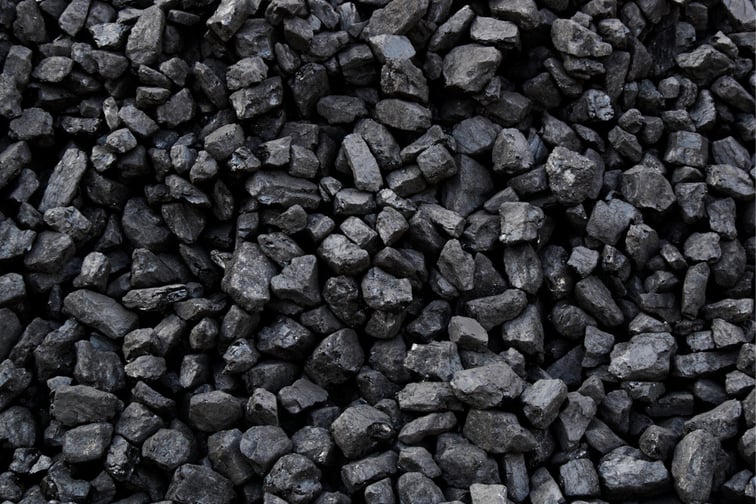

The Korea Electric Power Corporation (KEPCO) is having difficulty securing insurance contracts for its new coal energy projects, as the number of insurers exiting the coal market continues to grow.
According to a report by the Insure Our Future campaign and Korean non-profit Solutions for Our Climate, KEPCO is turning to smaller, inexperienced companies to secure cover for coal power plants that are already in operation, as more mainstream insurers withdraw from the sector.
The report, titled EXPOSED: The Coal Insurers of Last Resort, analyses documents provided by the office of Korean National Assembly member Soyoung Lee, which gave details of insurance contracts for five KEPCO coal power projects. According to Insure Our Future, governments, insurers and insurance brokers do not normally disclose information about which companies insure which projects, so the documents present a unique insight into the withdrawal of insurers from Asia, the world’s leading coal market.
“Major international insurers have withdrawn from coal projects and been replaced by a haphazard coalition of the willing, consisting of a few global climate laggards, small speciality insurers and assorted companies from the Global South,” said Peter Bosshard, global coordinator of the Insure Our Future Campaign. “Our report exposes Starr, Liberty Mutual, Berkshire Hathaway, Allied World and Lloyd's of London as the coal industry’s last lifeline."
In March 2018, KEPCO signed contracts with 19 insurers to underwrite the construction of the 1.3-gigawatt Nghi Son 2 plant in Vietnam for a total of US$7.2 billion, the report said. Four years later, 72% of the insurance capacity which underwrote that project has been withdrawn from the market.
In June 2021, KEPCO had to find 24 different insurers to provide US$556 million of cover for the operation of its 206-megawatt (small by industry standards) Cebu Naga power plant in the Philippines. Eleven of those insurers were not insuring any other KEPCO projects and one, New India Insurance, lacked the A-credit rating that project financiers typically expect insurers to provide, the report said.
Global brokerage WTW said in early 2019 that the exodus of insurers from the coal market “complicates securing property coverage” and that the reduction of capacity will likely lead to more expensive rates.
Despite this, several insurers that have declared coal exit policies continue to insure companies such as KEPCO. These include Hannover Re, which only plans to phase out insurance for the biggest coal companies by 2025, SCOR and QBE, which have a 2030 target, and Helvetia, which has no phase-out target.
“KEPCO and other power utilities need to rapidly phase out their coal power fleets in line with global climate targets, and insurance companies should stop insuring power utilities which have no credible phase-out plans,” said Sooyoun Han, climate researcher at Solutions For Our Climate. “Power utilities and their insurers need to urgently move beyond a pathway which is projected to take the planet to a catastrophic 2.7°C of global warming by the end of the century.”
